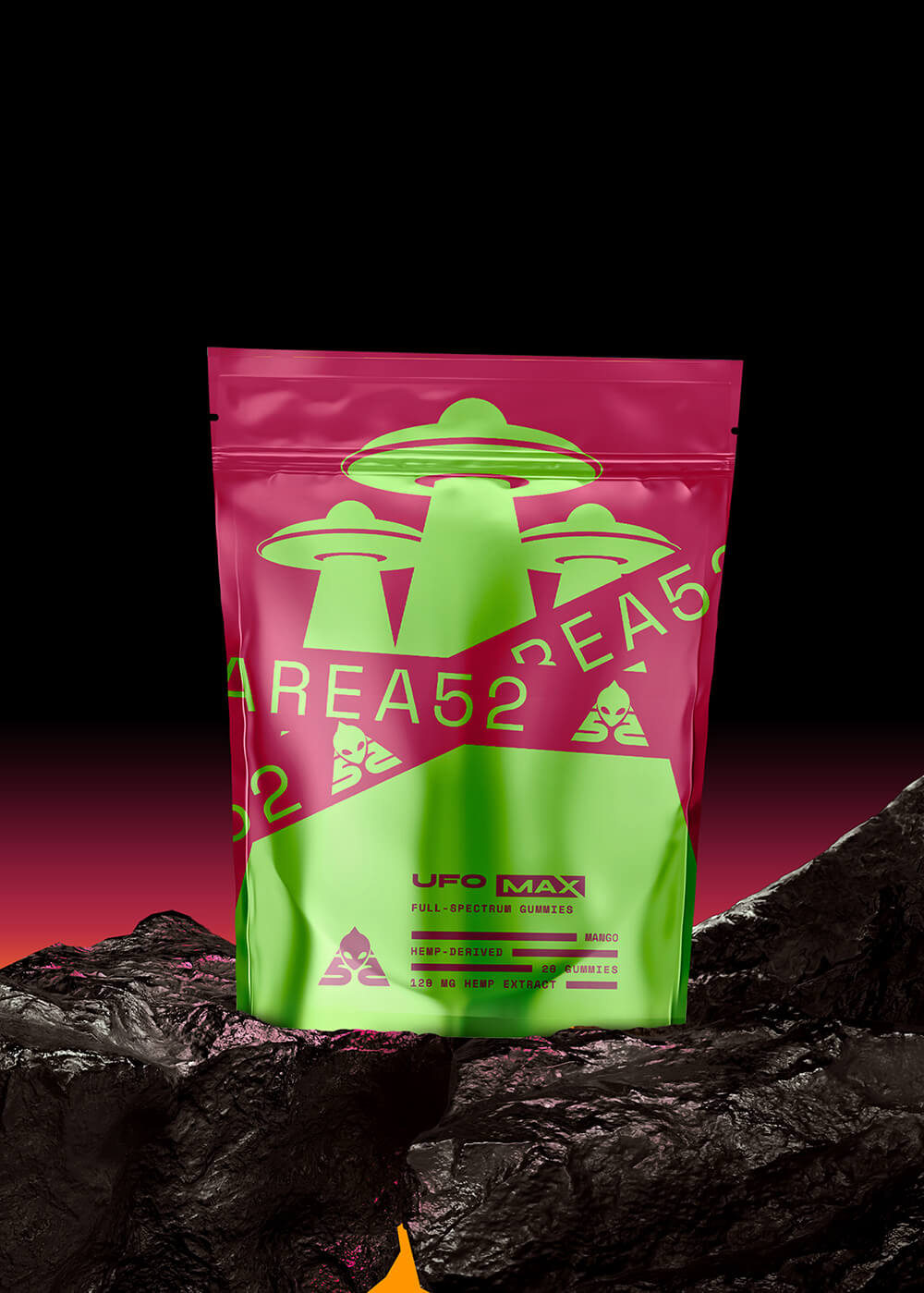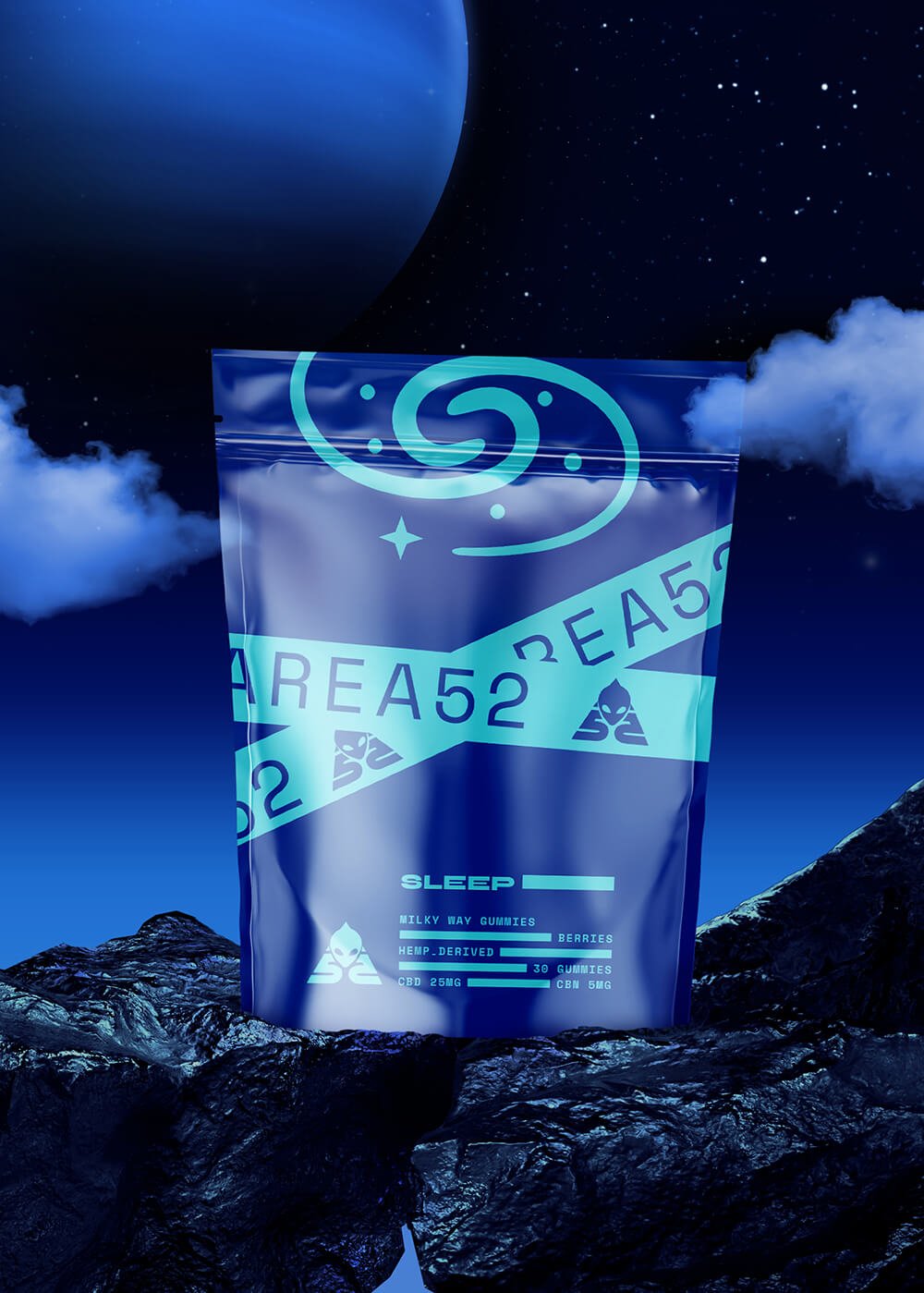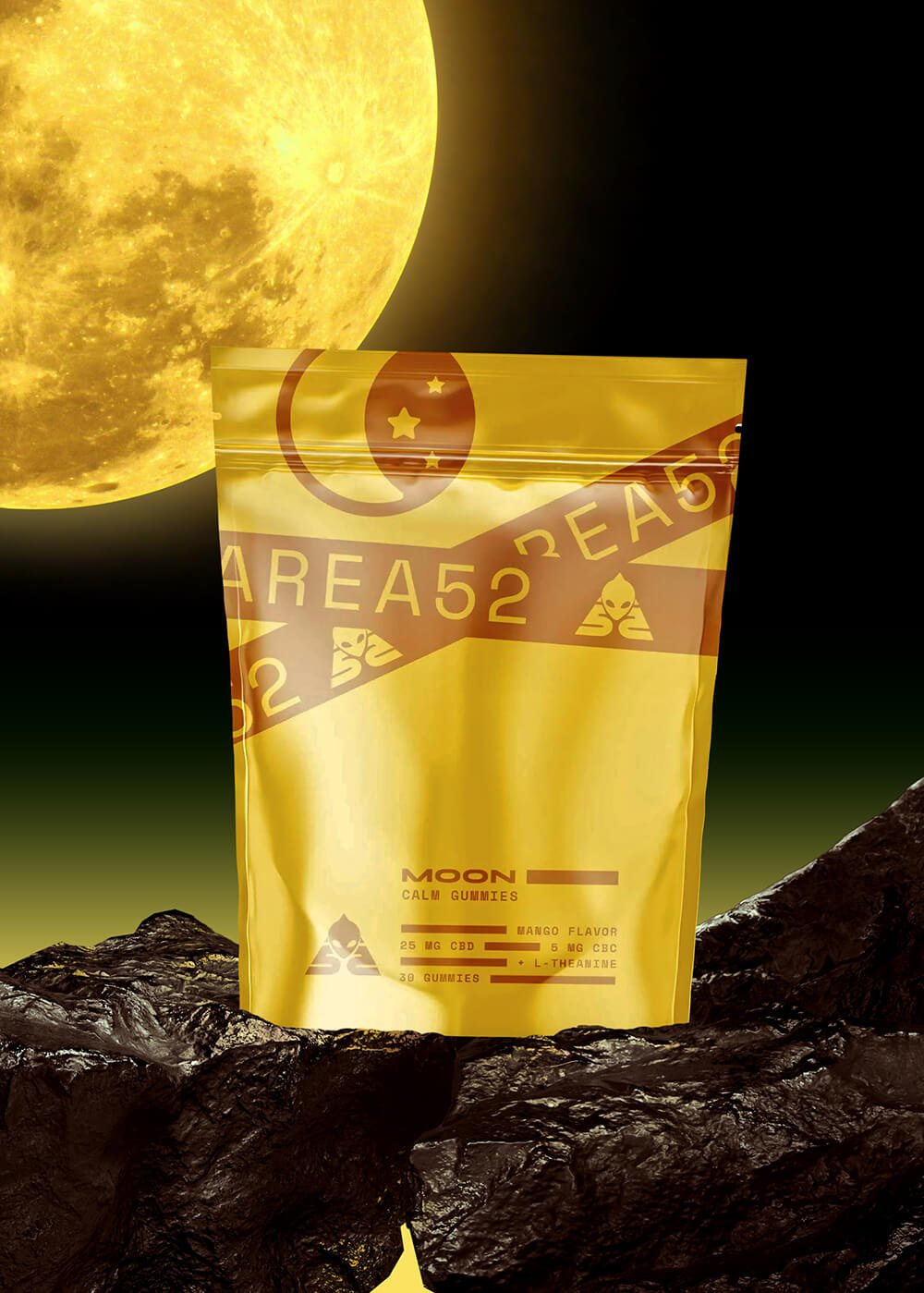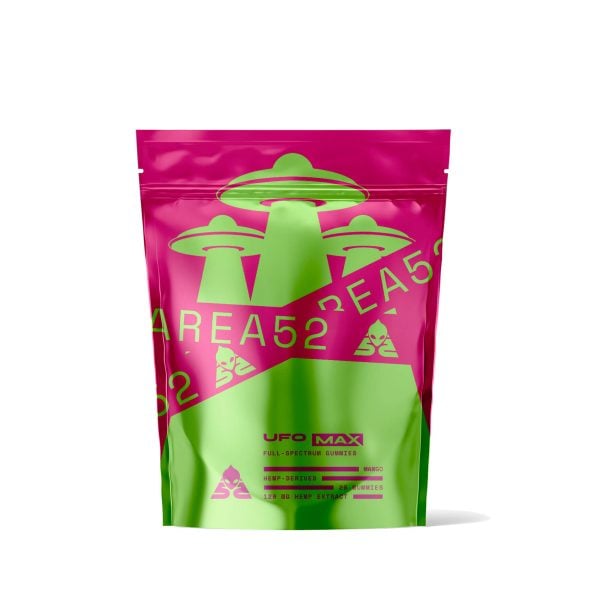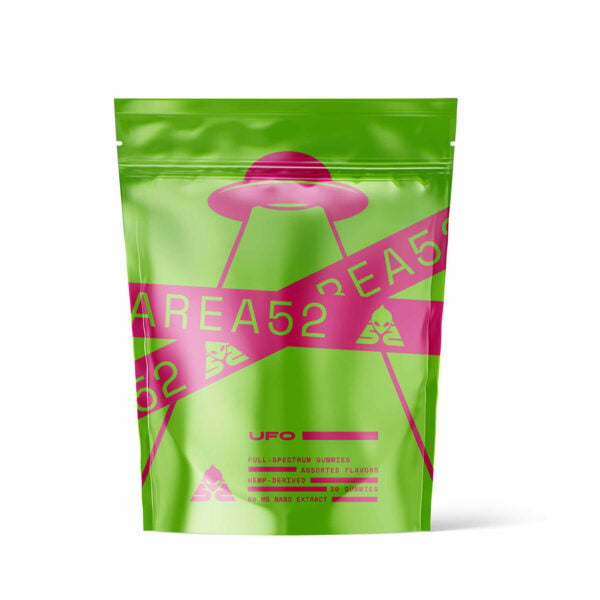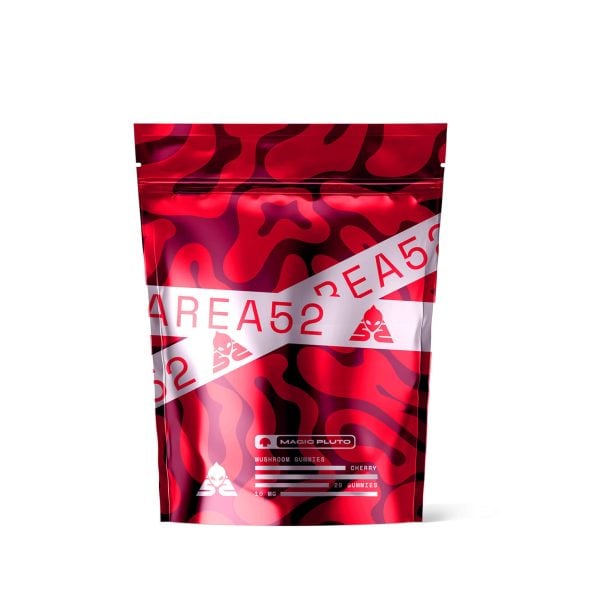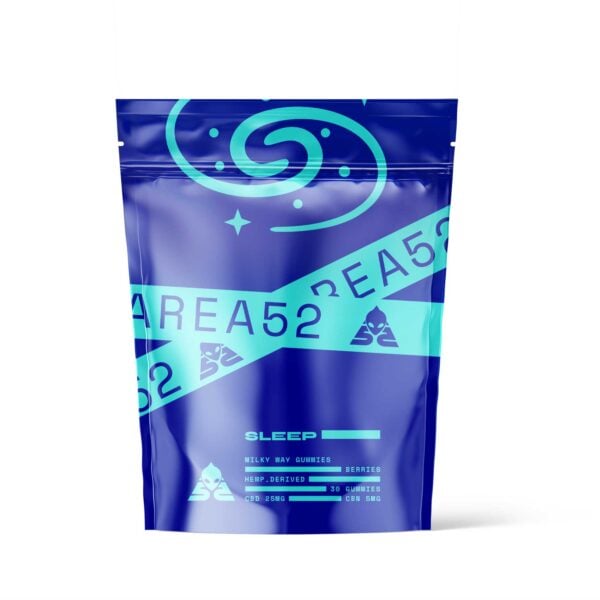What is THCV (Tetrahydrocannabivarin)? Uses & Benefits
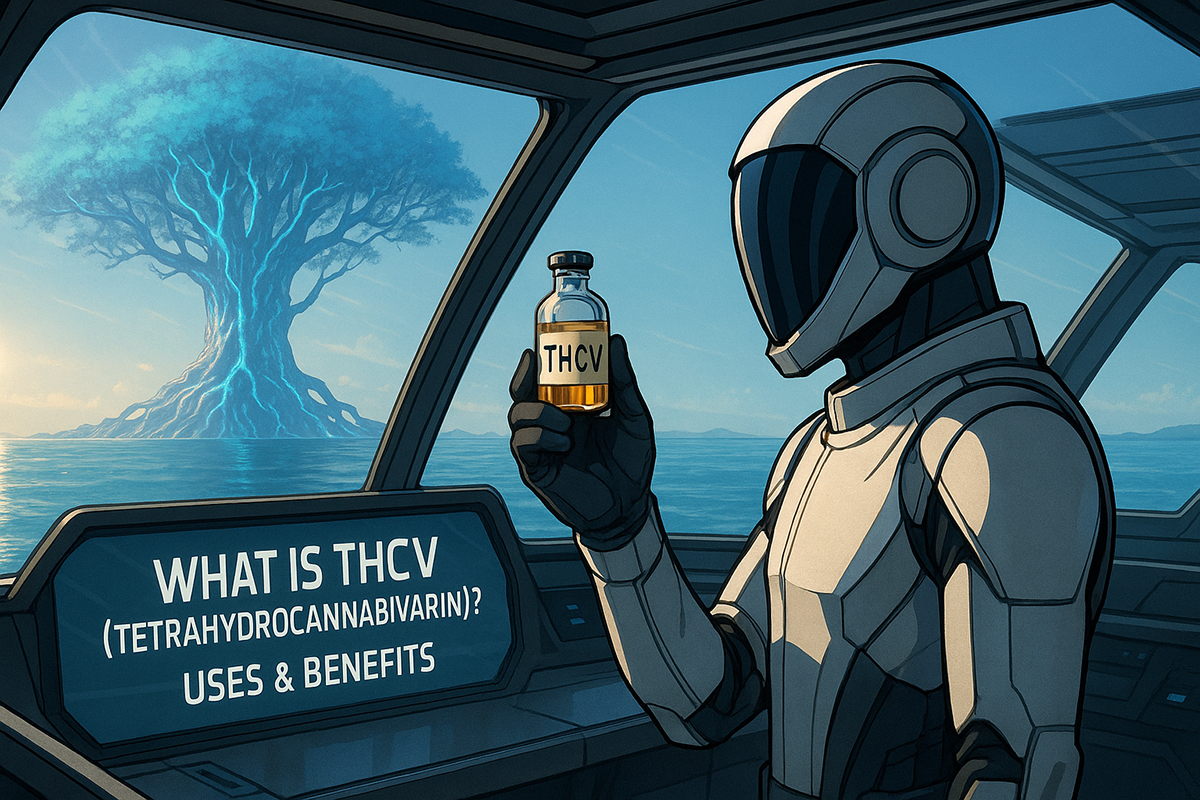
Tetrahydrocannabivarin (THCV) is a cannabinoid compound found in Cannabis sativa, which includes marijuana and hemp varieties.
It’s chemically similar to tetrahydrocannabinol (THC) but with some key differences.
So, what is THCV? Here’s everything you need to know about it — including the risks, benefits, differences, and similarities with other forms of THC and more.
What Is THCV?
THCV is a less common cannabinoid found in some strains of cannabis, especially African sativa.
Technically speaking, THCV is a homolog of THC, which means it’s nearly identical to THC — it’s just missing two carbon atoms in its alkyl side chain.
THCV has a 3-carbon side chain rather than THC’s 5-carbon side chain.
This difference is subtle, but it has a noticeable impact on the effect profile.
THCV is somewhat psychoactive but only about 25 percent as strong as delta 9 THC and about half as potent as delta 8 THC.
Learn More: Differences Between Delta 8 and Delta 9
What Does THCV Feel Like?
THCV has a strong energy-boosting component to it, which makes it especially popular among students and athletes.
Early cannabis research noted that THCV affects the endocannabinoid system differently than THC, offering notably milder psychoactive effects overall. People using delta 8 described their feeling as more relaxed, having a strong sense of inner peace. With THCV, however, you feel alert, awake, and clear-headed. This cannabinoid has very little impact on headspace, which means you’re able to think and act normally, but may experience some perceptual differences.
Perceptual differences associated with THCV include:
- Slower or faster perception of time
- Alterations in depth-perception
- “Tunnel vision” effect (feels like you’re zoned into whatever you’re doing)
- Colors appear more vivid
- Sounds & music “feel” different
What Strains Are High in THCV?
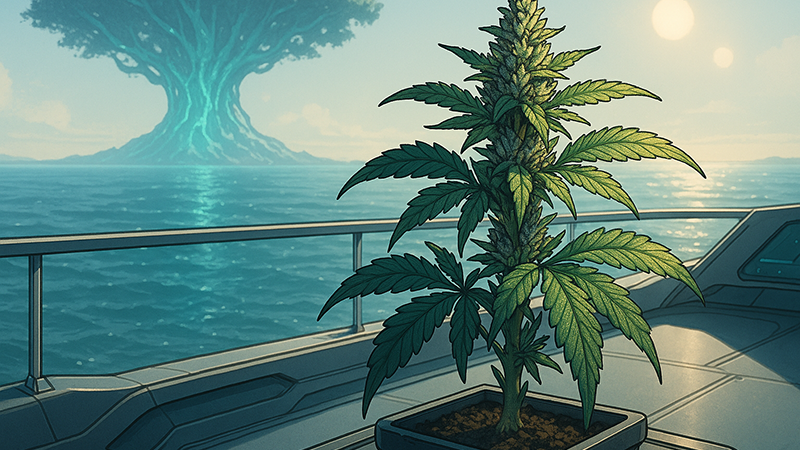
THCV isn’t common in hemp or marijuana. Only a few specific strains contain THCV in concentrations over 1%.
This cannabinoid is highest in African landrace sativa plants, but even in these species, the concentration of THCV rarely exceeds 3%.
India, Nepal, Thailand, Pakistan, and western Africa are particular hotspots for THCV-rich strains. It’s unclear what biases these regions to produce plants with higher concentrations of THCV.
There’s a strain of marijuana called “Doug’s Varin” that’s being developed that reportedly contains THCV concentrations at around 6 percent — which is a long way off the 25 or 30 percent delta 9 THC in marijuana.
Is THCV Natural or Synthetic?
THCV is a naturally occurring cannabinoid in cannabis plants in trace amounts.
THCVA, a byproduct of cannabigerolic acid (CBGA), eventually converts to THCV when exposed to heat or light.
The process of extracting THCV requires the use of lab equipment, but there’s no synthesization process involved.
How Is THCV Made?
THCV products are made directly from cannabis or hemp plants.
Manufacturers extract THCV from the cannabis or hemp plant using a similar process as the one they would use to extract THC. This involves a process called chromatography, which separates different constituents of the plant based on their molecular weight.
While THCV products are less common than THC products, you can find many similar items containing THCV, like tinctures, tabs, vape carts, and pre-rolls.
Is THCV Legal?
THCV is not a scheduled drug in the United States, according to the Convention on Psychotropic Substances.
As such, it’s an internationally unregulated substance. Many countries differ in their treatment of THCV, meaning regulations vary depending on where you live.
In the United States, THCV regulation is nuanced. THCV is not a Schedule I Drug, but marijuana extracts are — making it somewhat ambiguous what the federal position is on THCV.
The 2018 Farm Bill states that hemp plants and all derivatives of the plants are legal on a federal level, so many companies abide by this law and still provide THCV to customers by only extracting the substance from hemp plants.
However, marijuana and THC are federally illegal in the United States. If THCV is considered a THC analog, it could be controlled in the future by the same rules as THC under the Federal Analog Act.
This act states that any substance that shares a similar molecular profile as a known prohibited substance — it’s included in the same drug Schedule classification. If THCV is considered a THC-analog, it would therefore be listed as a Schedule I drug.
With that said, THCV derived from hemp is currently legal in the United States. There are no indications the DEA seeks to change this and outlaw THCV.
What Are the Effects of THCV?
Proponents of THCV report that it produces an increase in mental energy without the mental cloudiness caused by THC.
The effects are super mild compared to THC. The effects are almost exclusively cognitive — yet somehow have very little impact on headspace. It’s hard to describe — you think as though you’re sober, but you still feel the perceptual effects of conventional THC.
1. THCV & The Endocannabinoid System
THCV’s mechanism is unique because it exhibits complex interactions with the endocannabinoid system. In small doses, it may block CB1 receptors (resulting in minimal psychoactive effects), but in higher doses, it can partially stimulate them. This dual action explains why THCV can initially curb appetite yet unleash mild euphoria if the dose climbs high enough.
2. THCV & Focus
People often describe the acute effects of THCV as energizing, aiding their concentration, and boosting their productivity.
This cannabinoid creates what we consider a “tunnel effect.”
It feels like you’re extra tuned in to whatever you’re working on. We use it to enter a deeper flow state while working, studying, or exercising. It’s as if you’re in a tunnel, and the outside world is no longer able to distract you.
3. THCV & Appetite
Some THCV users claim that it curbs their appetite. Appetite suppression is a common effect of other focus-enhancing substances as well. It’s as though THCV removes the distraction of other bodily processes (like hunger) in order to preserve resources and attention to cognitive tasks instead.
NOTE: This effect has not yet been confirmed in humans.
4. THCV & Metabolic Health
Many consumers are intrigued by THCV’s possible effects on lipid and glucose metabolism. Some preclinical animal research suggests THCV ameliorates insulin sensitivity and can decrease signs of metabolic dysfunction. By interacting with the endocannabinoid system, it could potentially offer therapeutic benefits for maintaining normal glycemic and lipid parameters.
Moreover, a parallel group pilot study on healthy male human volunteers hinted that THCV might improve insulin sensitivity and stabilize certain lipid parameters, although more robust clinical data is needed. If confirmed, THCV could be a valuable tool for managing weight, sometimes earning it the colloquial name “diet weed.”
5. Other Potential Therapeutic Benefits
Beyond metabolism, cannabis research indicates THCV might help with inflammatory pain, neuropathic issues, and other conditions. Some early evidence suggests it could even produce antipsychotic effects, though data remains limited. As with many cannabis components, further research is crucial before making definitive conclusions.
Despite the potential therapeutic benefits, it’s essential to keep realistic expectations. Like other cannabinoids, THCV’s effect on human health can be subtle, varies individually, and remains underexplored. Still, anecdotal feedback and small-scale studies highlight the promising synergy between THCV and THC or pairing THCV with CBD.
How Does THCV Work?
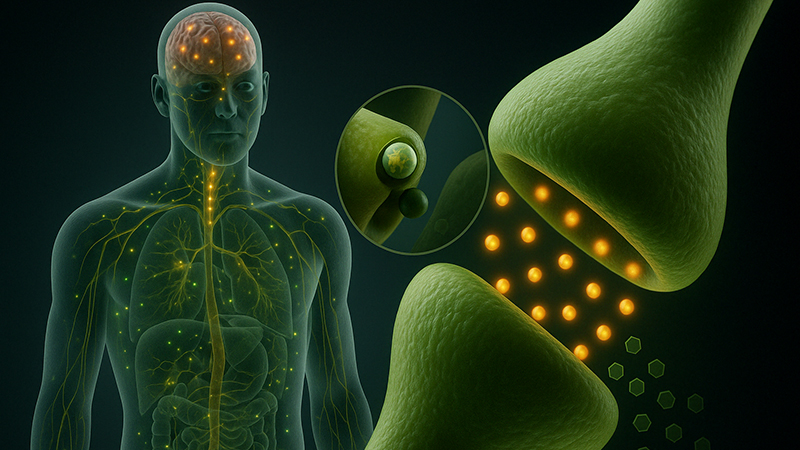
Cannabinoids produce biological effects in the human body by interacting with endocannabinoid receptors.
The two primary endocannabinoid receptors are “creatively” named cannabinoid receptor type 1 (CB1) and cannabinoid receptor type 2 (CB2).
CB1 receptors are located in the nervous system and interact with neurotransmitters in the brain to produce mind-altering effects. Interaction with CB1 sites is what gives some cannabinoids — like THC — their psychoactivity.
THCV is a bit tricky to understand because it’s primarily a CB1 antagonist, meaning it has the opposite effect as THC. Yet somehow offers a similar psychoactive experience.
While scientists are still seeking to understand this process, it appears THCV is able to block the effects of CB1 in low doses and stimulate them in high doses.
CB2 receptors are found mostly in the immune system. THCV is a partial agonist of CB2, but the effects of this partial activity aren’t well-known, and it seemingly has no discernible impact on THCV users’ experience.
Will THCV Get You High?
Yes, but only in large doses.
That may sound like a confusing answer, but, unfortunately, THCV’s psychoactive properties aren’t straightforward.
As mentioned in the previous section, THCV is a CB1 antagonist in low doses — which is the exact opposite effect of delta 8 and delta 9 THC. This could mean that THCV counteracts some of the psychoactive effects of THC.
This effect could explain why people who use THCV feel so clear-headed — especially compared to the notorious “fogginess” induced by delta 9 THC.
Higher doses of THCV are a little bit different. Once you reach doses of around 30 mg, the effects flip and become much more psychoactive.
THCV vs. THC: What’s the Difference?
The differences between THCV and THC stem from their different chemical structure. While THC has a 5-carbon side chain, THCV has a 3-carbon side chain.
The length of the side chain directly affects the potency. THCC, another THC-analog, only has one carbon and virtually no psychoactive effects.
THCP, on the other hand, has 7 carbons and is nearly 33 times as potent as delta 9 THC.
THCV and THC are treated differently legally as well, with regulations often being stricter for THC than for THCV.
Specific laws vary by country, but in the United States, THCV is considered legal if made from hemp and restricted if made from marijuana — even though both versions are chemically identical.
Buying THCV
If you’re interested in THCV, check online or specialized dispensaries for tinctures, edibles, or vape cartridges. However, pricing might be higher due to the difficulty of producing THCV in concentrated form.
Always look for reputable vendors, confirm they provide third-party lab results, and be mindful of the THC content if you’re in an area where marijuana remains restricted.
Wrapping Up: Is THCV Right For You?
THCV is a close chemical cousin of THC that shares some of its properties — albeit milder and more “clear-headed.”
If you decide to try THCV, make sure to check your local state laws to determine what kind of THCV is legal to buy and use where you live. THCV derived from hemp is federally legal if you live in the United States, making it as accessible as CBD in most jurisdictions, at least legally.
Frequently Asked Questions
1. Is THCV intoxicating?
THCV isn’t as intoxicating as regular THC. A person would need a large dose of THCV for a significant high or any euphoric feeling to set in. Most regular users describe it as mild – they do not feel notably stoned.
2. Does THCV give energy?
Yes. Many users share that THCV is “motivational,” and creates an energetic feeling with a lucid, positive effect. It is often compared to a mild stimulant that enhances concentration without any agitation. Others compare the experience to getting a pleasant cup of coffee: you feel energized but not very jittery.
3. Does THCV actually help with weight management?
Some consumers state that it lessens their hunger, and initial research done with animals suggests it might assist with metabolic processes. But at this moment, human studies are few, and there is inadequate proof to say for sure.
4. Is THCV an anti-inflammatory cannabinoid?
THCV might reduce inflammatory pain or help decrease signs of swelling. It’s far from definitive, but early data implies some potential therapeutic benefits. Early investigation implies it could lessen the discomfort of inflammation, yet it is early to evaluate how well it works.
5. Can you fly with THCV?
It depends on your departure and arrival locations. Even if hemp-derived THCV is federally legal, local laws or airline policies might make things complicated. It is best to double-check with your airline and state regulations first before buying or consuming cannabis products.
